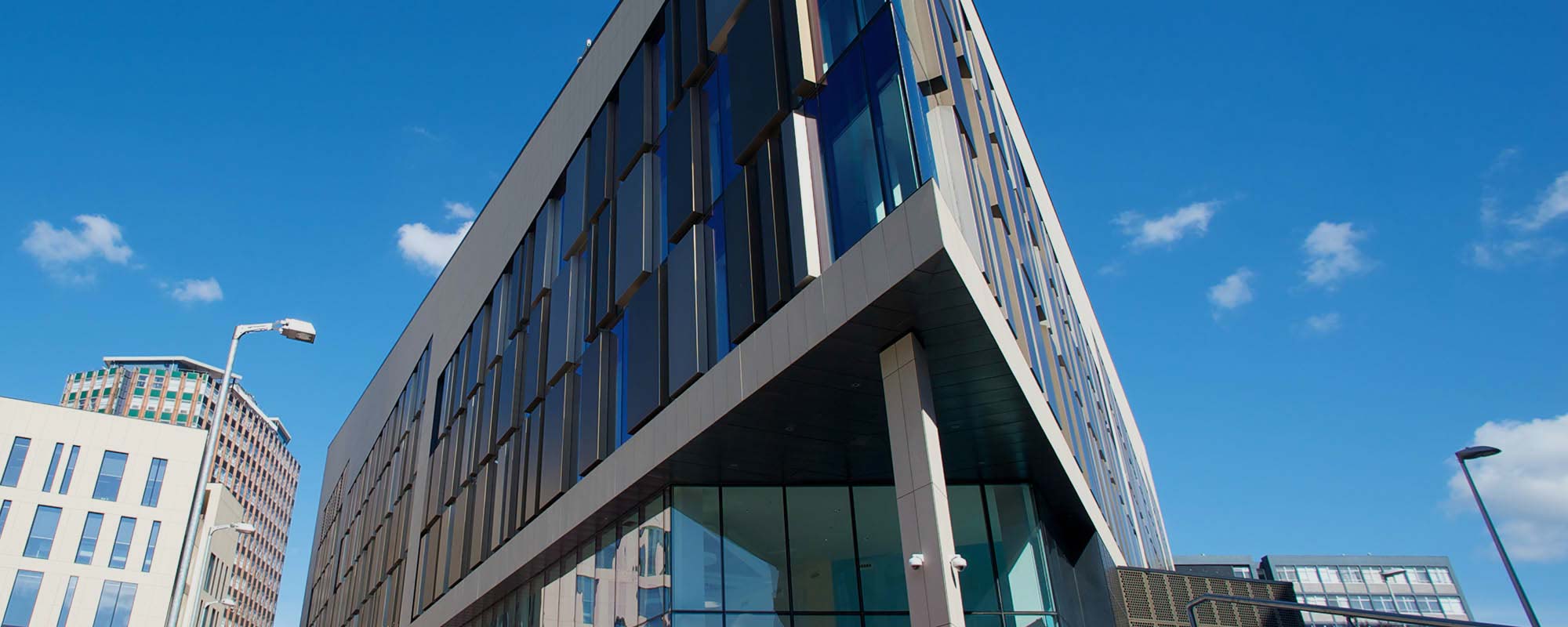
Research Excellence FrameworkVentilation research shaped public health advice for COVID-19
Research into ventilation undertaken by the University of Strathclyde has helped shape UK Government policy and public health advice to reduce COVID-19 transmission.
Professor Tim Sharpe’s expertise around ventilation and health in buildings led to his appointment to the Government’s Scientific Advisory Group for Emergencies (SAGE) as part of the Environment and Modelling Group in April 2020.
The EMG developed and assessed the evidence base for the Government’s response to the COVD-19 pandemic, particularly around efforts to reduce transmission in buildings.
Professor Sharpe, Head of Strathclyde’s Architecture Department, attended regular group meetings between April and February 2022 and contributed his research-informed expertise to the production of 27 papers relating to COVID-19 transmission.
He had specific input into a series of 12 papers that focussed on the role of the built environment generally and ventilation in particular. These research and analysis papers were considered by SAGE, which drew on the evidence to advise decision makers and support the ongoing government response to coronavirus. Principles outlined in one paper were published on the government website as a stand-alone, accessible policy paper, with links to the household plans endorsed by SAGE.
Specific papers to provide evolving guidance for building owners and businesses also informed Government policy and public advice, as well as being adopted by a range of industry bodies.
This also informed the UK, Scottish and Welsh Government’s joint statement on staying safe at Christmas issued on 16 December 2020, which advised the UK public: ‘If you meet indoors, ensure good ventilation by letting in fresh air’. He also contributed public health messaging and campaigns about ventilation at home, through the public information campaign by the Department of Health and Social Care in November 2020, when ventilation was raised as a particular concern.
Research at Strathclyde has also improved building performance in Scotland and the UK to protect occupant health, save energy and reduce carbon emissions.
The work has been used to inform the development of the Scottish Building regulations since 2014 and all new housing built in Scotland since this time has been subject to these regulations with around 85,000 new homes built between October 2015 and December 2020.
Further work by Strathclyde on the issues of ventilation and indoor air quality has also informed various changes to statutory Building Standards and guidance documents.
Key contributions include informing the development of Scottish and UK Building Standards, enabling a review of Scottish Government energy standards to reduce carbon dioxide emissions, and changing CIBSE engineering guidelines to reduce humidity levels and promote ventilation use.
A Strathclyde research report has also been cited and used in the current proposals for amendments to Building Regulations in England and Wales. Professor Sharpe also chaired the Scottish Government Working Group on Ventilation in Autumn 2021 which led to a £25m fund for businesses to improve ventilation.